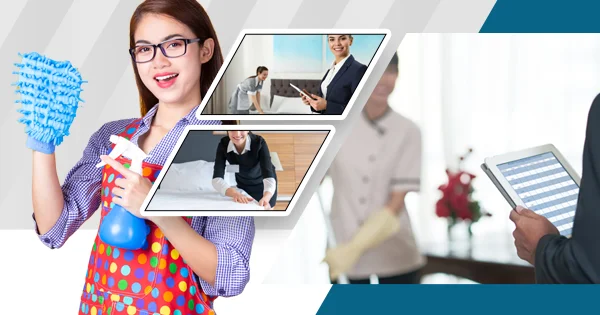Sustainability has become a key priority in the hospitality sector. Hotel managers are now expected to implement eco-friendly cleaning methods that reduce environmental impact while maintaining high hygiene standards for guests. Green cleaning not only supports sustainability goals but also enhances the overall guest experience.
The Role of Eco-Friendly Products
Switching to biodegradable and non-toxic cleaning products helps reduce harmful chemicals in the environment. This ensures safer indoor air quality and contributes to healthier spaces for both staff and guests.
Professional Support for Hotels
Many hotels rely on professional office cleaning services to maintain consistent cleanliness across guest areas, meeting rooms, and common spaces. These services can be tailored with green practices to meet sustainability targets without compromising hygiene.
Deep Cleaning for Long-Term Impact
Alongside daily cleaning routines, hotels can benefit from scheduled deep cleaning services. This approach eliminates hidden dirt, bacteria, and allergens, ensuring that guest rooms and facilities stay pristine while supporting eco-friendly operations.
Conclusion
Green cleaning practices are no longer optional—they are essential for forward-thinking hotel managers. By adopting sustainable cleaning products, engaging professional support, and scheduling deep cleaning, hotels can achieve cleaner, healthier, and more eco-conscious environments for their guests.


